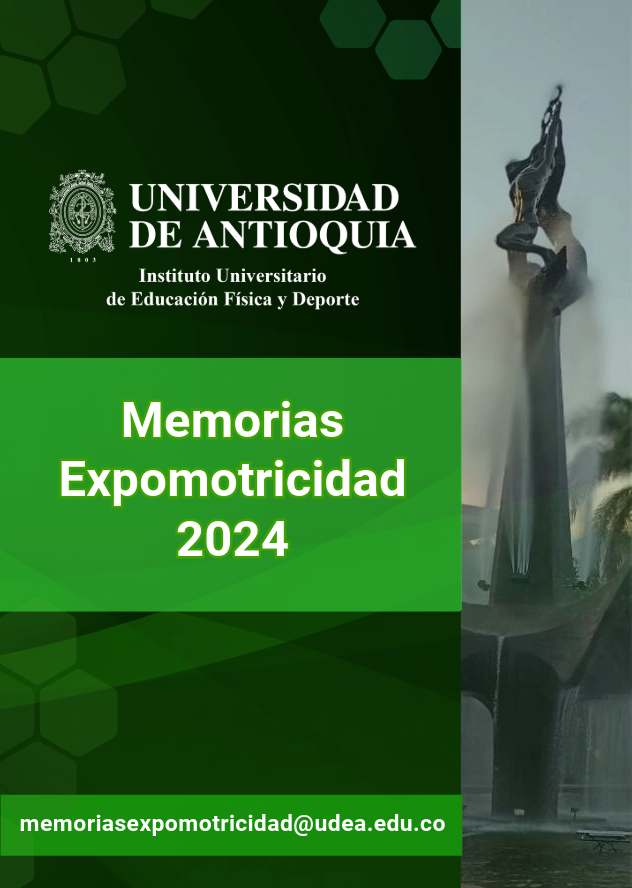Keys to transforming the role of evaluation in educational processes
Keywords:
alternative assessment, learning assessment, educational strategies, meta-evaluation, educational processes, evaluation rubricsAbstract
An exercise of theoretical review and educational experimentation was carried out in the Physical Education Program of the Universidad Pedagógica Nacional (Colombia) to promote evaluation strategies that, from a metacognitive point of view, would contribute to the strengthening of educational processes and question the traditional ways of evaluating them. This effort stemmed from the realization that evaluation is one of the most questioned aspects of teaching –because of its accidental link to grading, the arbitrariness and ambiguity of the criteria, the rigidity or flexibility in the face of differentiated processes, among others–, and that students often have to figure out how to get an average score that will allow them to pass, which minimizes the role of evaluation in educational processes. Three actions were taken in the exercise: (1) agreement between students and teacher from the first class on the number of gradable activities and which of them would be gradable; (2) presentation of the grading rubrics in advance to promote better understanding of the criteria and to make adjustments before using them; and (3) grading of some non-gradable activities with songs, picture names, movie clips, and popular sayings. The main results include the promotion of reflection exercises on four aspects: (1) personal learning, (2) the way of approaching the different educational resources, (3) the strategies of synthesis and organization of the topics addressed, and (4) the need to design alternative forms of evaluation. This initiative shifted evaluation from being a mere ranking exercise based on a certain level of rigor and clarity of results to being seen as an opportunity to share perspectives and deepen learning. Meta-evaluation of proposed interventions needs to be developed to further promote meaningful, participatory and transgressive evaluations.
Downloads
References
1. Cisterna Cabrera, F. (2005). Evaluación, constructivismo y metacognición. Aproximaciones teórico-prácticas. Horizontes Educacionales, 10(1), 27-35 https://revistas.ubiobio.cl/index.php/RHE/issue/view/348
2. Delgado Santa Gadea, K. (2009). Evaluación y metacognición en el aula. Investigación Educativa, 13(24), 119-133. https://revistasinvestigacion.unmsm.edu.pe/index.php/educa/article/view/4127
3. Rosales Estrada, G. (2017). La metaevaluación educativa. Ciencia ergo-sum, 3(1), 25-28. https://cienciaergosum.uaemex.mx/article/view/8036
Downloads
Published
How to Cite
Issue
Section
License
Copyright (c) 2024 Wilson Riaño Casallas

This work is licensed under a Creative Commons Attribution-NonCommercial-ShareAlike 4.0 International License.




